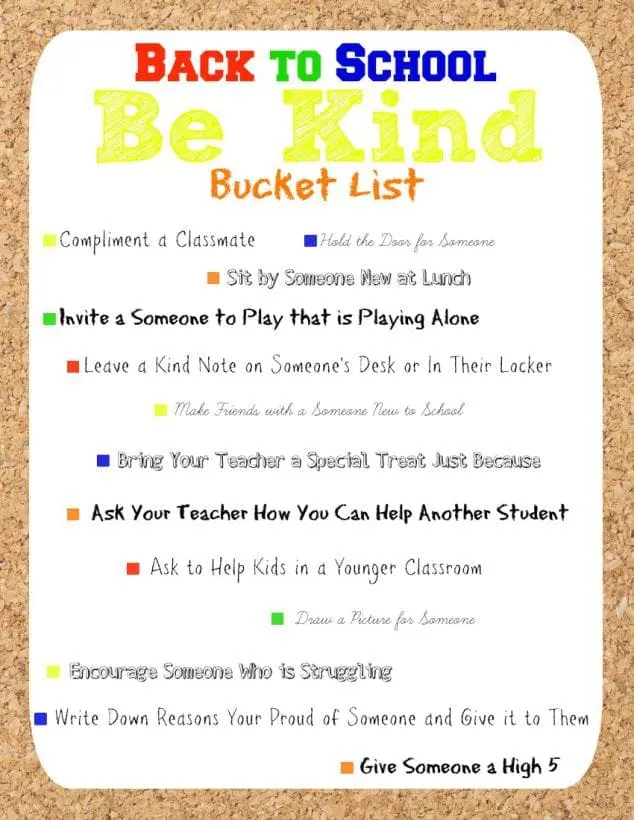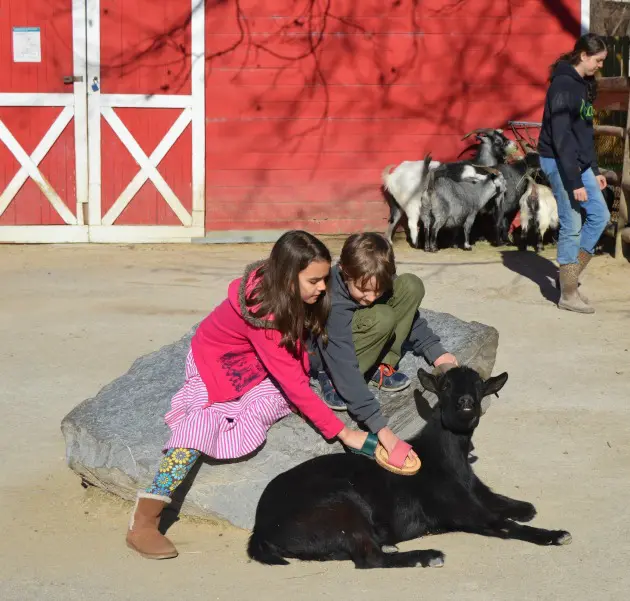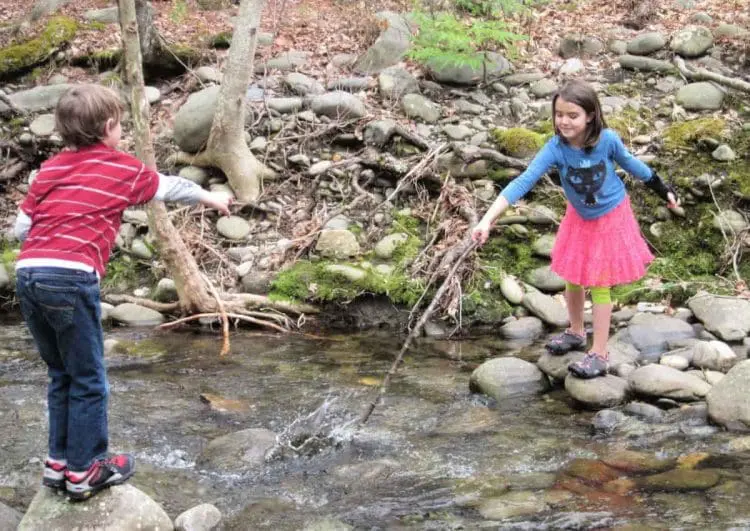It’s almost back to school time here where we live. With the kids heading back after summer vacation and a break from many of their classmates, I think it’s a great time to remind them of ways to be kind at school. Being kind is a great way to make friends! It also helps them do their part to keep bullying to a minimum. No matter the age of our children it’s important to teach them to extend kindness. Help them see how much of a difference a little kindness can make in someone else’s day. This Back to School Be Kind Bucket List has simple ideas to challenge kids to be kind!

Printable Be Kind Back To School Bucket List
You can print this free printable bucket list and hang it up at home, to put it in the inside of your child’s school folder or binder, to hang in their locker, or even offer to print one off for your child’s teacher to keep in the classroom or in the halls at school. Maybe print one to put in all these places as a constant reminder to be kind! A small act of kindness can be such a big difference in the lives of others.
Challenge your child to do one thing off the Back to School Be Kind Bucket List each day and make it part of your daily routine to have a conversation about it after school.
We love to do “Question of the Day” during dinner and asking your child what they did off the bucket list is a great way to get dinner conversation going! You can even adapt the ideas from the Be Kind Bucket List for yourself. Use it for ideas on how to spread kindness at work, where you volunteer, or to your family. Be an example for your kids to see how kindness can make a difference in your local community. The positive impact of true kindness can spread like ripples in a pond.

How To Be Kind
It’s easy for kids to learn how to receive kindness; after all, most adults are kind to your children every day. However, it can be a struggle to teach your little ones how to give others kindness. If you want your kids to grow up to be compassionate and generous, you should consider transforming them into kindness machines with the following program.
It is a good idea to talk to kids about how to be kind. Ask them if they have any ideas on how to cultivate kindness in their daily life. See if they can come up with any of the below ideas by themselves.
- Practice Empathy: Put yourself in others’ shoes and try to understand their perspective. Empathy is the foundation of kindness.
- Show Genuine Interest: Take the time to listen actively when someone is talking to you. Show that you care about their thoughts and feelings.
- Be Polite and Respectful: Use polite language and treat others with respect. Simple acts of courtesy can go a long way in fostering kindness.
- Offer Help: If you see someone in need, offer your assistance. Whether it’s a small favor or a more significant gesture, helping others can make a big difference.
- Express Gratitude: Take the time to thank people for their actions or contributions. Acknowledging and appreciating others fosters a positive atmosphere.
- Avoid Judging: Try to refrain from making judgments about others. Everyone has their own struggles and challenges, and kindness involves understanding and acceptance.
- Random Acts of Kindness: Engage in random acts of kindness without expecting anything in return. It could be as simple as holding the door open for someone or leaving a positive note.
- Be Mindful of Your Words: Words have power, so choose them carefully. Speak kindly and avoid negative or hurtful language.
- Forgive and Let Go: Holding onto grudges can be detrimental. Practice forgiveness and let go of negative feelings to create space for kindness.
- Lead by Example: Be a role model for kindness. Your actions can inspire others to adopt a more positive and compassionate approach.

More Ways To Be Kind At School:
- Give a compliment and mean it
- Hold the door for someone
- Practice good manners with everyone
- Invite someone to do something with you
- Accept an invitation
- Leave someone a nice note
- Lend a listening ear
- Smile (yes, a simple smile can be an act of kindness)
- Say hello
- Talk to someone new
- Give a small gift or share a stick of gum
- Offer to help classmates who may be struggling with their studies
- Offer to help someone carry something when they have their hands full
- Encourage someone who is struggling with a few kind words such as “I know you can do it if you try again.”
- Take time to really listen
- Say “please” and “thank you”
- Make an effort to be friendly and welcoming to new students
- Be respectful in your interactions with teachers, staff, and fellow students
- Respect and appreciate the differences that make each person special
- If you have extra school supplies or materials, consider sharing them with classmates who may need them.
Inspiring Kindness Quotes
These be kind quotes may help develop a strong foundation for empathy, compassion, and kindness.
- “No act of kindness, no matter how small, is ever wasted.” – Aesop
- “Kind words can be short and easy to speak, but their echoes are truly endless.” – Mother Teresa
- “The simple act of caring is heroic.” – Edward Albert
- “Unexpected kindness is the most powerful, least costly, and most underrated agent of human change.” – Bob Kerrey
- “Kindness is the ability to know what the right thing to do is and having the courage to do it.” – R.A. Salvatore
- “Be kind, for everyone you meet is fighting a battle you know nothing about.” – Wendy Mass
- “A warm smile is the universal language of kindness.” – William Arthur Ward
Establishing a culture of kindness helps create a supportive community.
Conclusion
Teaching kindness is a valuable and essential aspect of fostering a positive and compassionate society. Demonstrate kindness in your own actions and interactions with others. Children and individuals often learn by observing. Help people understand and share the feelings of others. Encourage them to consider the perspectives and emotions of those around them. Teach the impact of words on others. Kind and encouraging words can uplift someone, while negative words can have lasting effects. For example, the above kindness quotes may inspire kindness even in challenging situations.
Remember that kindness is a choice, and small acts of kindness can have a ripple effect, making the world a better place for everyone. I hope you and your family members enjoy these fun ideas for ways to be kind. What do you do to encourage and challenge your children to be more kind? If you have something you want me to add to the list, just give me a shoutout on social media @familyfocusblog!
Related Posts:

Barbara says
What a beautiful reminder about the importance of kindness! It really is something that doesn’t cost anything but can make a huge difference in someone’s day. I especially love how you pointed out that small acts—like a smile, a kind word, or simply listening—can go a long way. In today’s fast-paced world, we all need more moments of genuine kindness. Thanks for sharing these thoughtful tips!
Abby says
This Be Kind Back to School Bucket List printable is such a thoughtful idea! I love how it encourages kids to start the school year with compassion and positive intentions. What a great way to help children focus on kindness, friendship, and building a supportive classroom environment. This list is not only fun but also a meaningful tool to spark conversations about empathy. Thank you for creating and sharing such a heartwarming resource!
zahid says
This Be Kind Back to School Bucket List is such a wonderful idea! I really appreciate how it inspires kids to begin the school year with kindness and positivity. It’s a fun and meaningful way to promote empathy, encourage friendships, and create a caring classroom atmosphere. Thanks for sharing such a thoughtful and uplifting resource!
Annie says
This back-to-school kindness bucket list is such a creative and inspiring way to kick off the school year! I really appreciate how it mixes fun activities with character-building goals. It’s a great visual reminder for kids to practice empathy, show respect, and be thoughtful classmates. The printable makes it easy for families and teachers to use together. What a wonderful resource for promoting a positive mindset from day one!